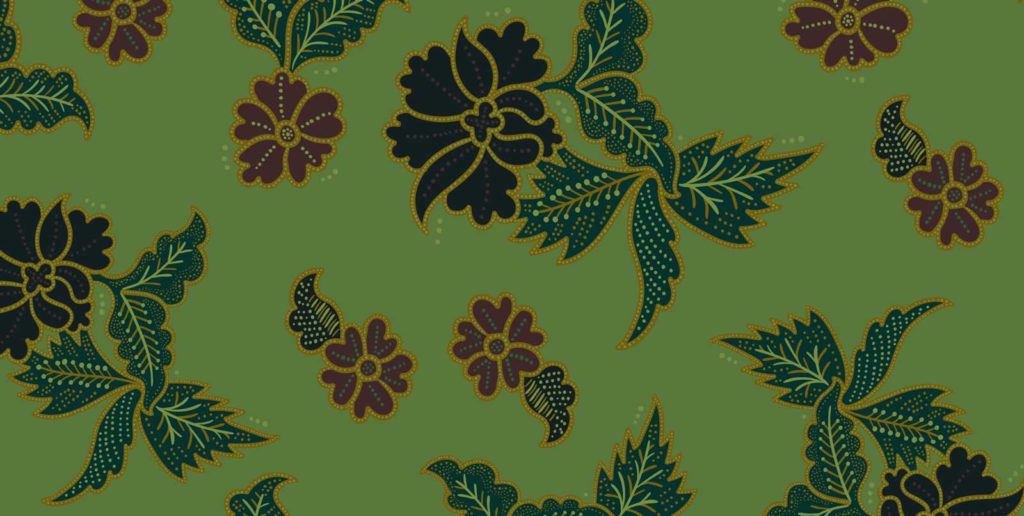After a delay of almost ten years and continuous lobbying by various women’s groups, Malaysia is finally undergoing its second review under the Convention of the Elimination of All Forms of Discrimination against Women (CEDAW), on 20th February 2018 in Geneva, Switzerland. The government of Malaysia will be sending a 24-member delegation to engage in a constructive dialogue with the CEDAW Committee, which will be evaluating the country’s progress in implementing its obligations to uphold and promote women’s human rights.
A coalition of Malaysian women’s organisations jointly submitted a shadow report to CEDAW on the lived realities of women’s lives in Malaysia and to address gaps in the government report, in 2017. Five delegates from this coalition are participating in the review. CEDAW and UN processes welcomes and encourages the participation of civil society in its review process and we1 strongly believe that the presence of women’s organisations can only strengthen the country’s commitments to gender equality. The review process also gives an opportunity for status of human rights to be discussed in a meaningful manner. Currently, the Malaysian parliament does not debate women and human rights reports produced by SUHAKAM and civil society organisations, making the UN the only available accountability mechanism to assess progress on the ground.
The rights of women in Malaysia have evolved over the years, whereby women have enjoyed relative progress in many areas of their lives. While there has been significant improvements in areas including primary education and maternal health, in other areas however, the rights of women have had little or no progress.
Malaysia’s legal and legislative framework particularly requires significant changes to eliminate discrimination against diverse women and women of diverse backgrounds. The country has also recorded an increase in gender based violence, including hate crime, and sexist remarks in multiple spaces, especially online spaces. These are just some of the lived realities which reflect the little progress in the area of changing attitudes on sexism and gender stereotyping in Malaysia.
By ratifying CEDAW in 1995, the Malaysian government had signalled its commitment to fully implementing the treaty as part of its legal and policy framework. However, there is scant evidence that this is actually happening in practice. For example, while the government has installed gender focal points in all ministries, many laws and policies appear to have been drafted without taking into consideration women’s realities and CEDAW’s framework of gender equality.
By undergoing this review, the Malaysian government is demonstrating its commitment to accountability and gender equality. We hope that the government will take the review as an opportunity to explore recommended practices to achieve gender equality with the best minds in the field. The CEDAW committee’s recommendations must be integrated at all levels of governance.
CEDAW and Malaysia
Convention on the Elimination of All Forms of Discrimination Against Women (CEDAW) is a UN human rights treaty on the human rights of women, introduced in 1979. To date, 189 countries have ratified it. In Noor Fadila Ahmed Saikin’s case in 2004, the court held that terminating a trainee teacher on the grounds that she was pregnant was a violation of our Constitution and our international commitments under CEDAW. Countries party to CEDAW are obliged to send regular status reports on the implementation of the treaty, to be reviewed by a committee of experts. The committee, called the CEDAW committee, will engage in a constructive dialogue with government representatives to improve the protection, promotion, and fulfillment of women’s human rights.
Malaysia has submitted progress reports to CEDAW on the status of women’s human rights in the country twice since ratifying the Convention in 1995, with Malaysia’s first report being due in 1996 and then every four years thereafter. However, Malaysia’s first State report was only submitted in 2004, and its second in 2017. The CEDAW review of Malaysia will take place on 20 February 2018, during the 69th CEDAW Session.
The participation of NGOs and national human rights institutions (such as SUHAKAM) are very much integral components of the CEDAW review process. NGOs, UN agencies, and national human rights institutions are invited to submit information to the CEDAW committee, which strengthens the dialogue and ensures that women’s realities on the ground are reflected in the review. Malaysian NGOs have been active in contributing to this
process. A coalition of 37 NGOs contributed to a joint shadow report for the upcoming review. SUHAKAM and other NGOs will also be participating.
1 All Women’s Action Society (AWAM), Asian-Pacific Resource and Research Centre for Women (ARROW), Association of Women Lawyers, Asylum Access, Bersih 2.0, Center for Orang Asli Concerns, Development of Human Resources for Rural Areas, Persatuan Kesedaran Komuniti Selangor (EMPOWER), Federation of Reproductive Health Associations, Malaysia (FRHAM), Foreign Spouses Support Group, International Community of Women Living with HIV, Jaringan Orang Asal SeMalaysia (JOAS), Justice for Sisters, Malaysian Aids Council, Majlis Kebajikan Kanak-Kanak Malaysia, Malaysian Trades Union Congress (MTUC), Migration Working Group (MWG), National Council of Women’s Organisations (NCWO), National Human Rights Society Malaysia (HAKAM), North South Initiative, National Union of Bank Employees Malaysia (NUBE), Pelangi, Perak Women for Women, Persatuan Sahabat Wanita Selangor, Positive Living Women Malaysia (Pewahim), Pusat Kebajikan Good Shepherd, Pusat Komas, Reproductive Rights Advocacy Alliance Malaysia (RRAAM), Sabah Family Planning Association, Sabah Women’s Action-Resource Group (SAWO), Serantau Malaysia, Sisters in Islam, Sarawak Women for Women Society, Suara Rakyat Malaysia (SUARAM), Tenaganita, Women’s Aid Organisation (WAO), and Women’s Centre for Change (WCC) Penang. Additionally, Sharon Bong (Associate Professor in Gender and Religious Studies) contributed in her individual capacity.
